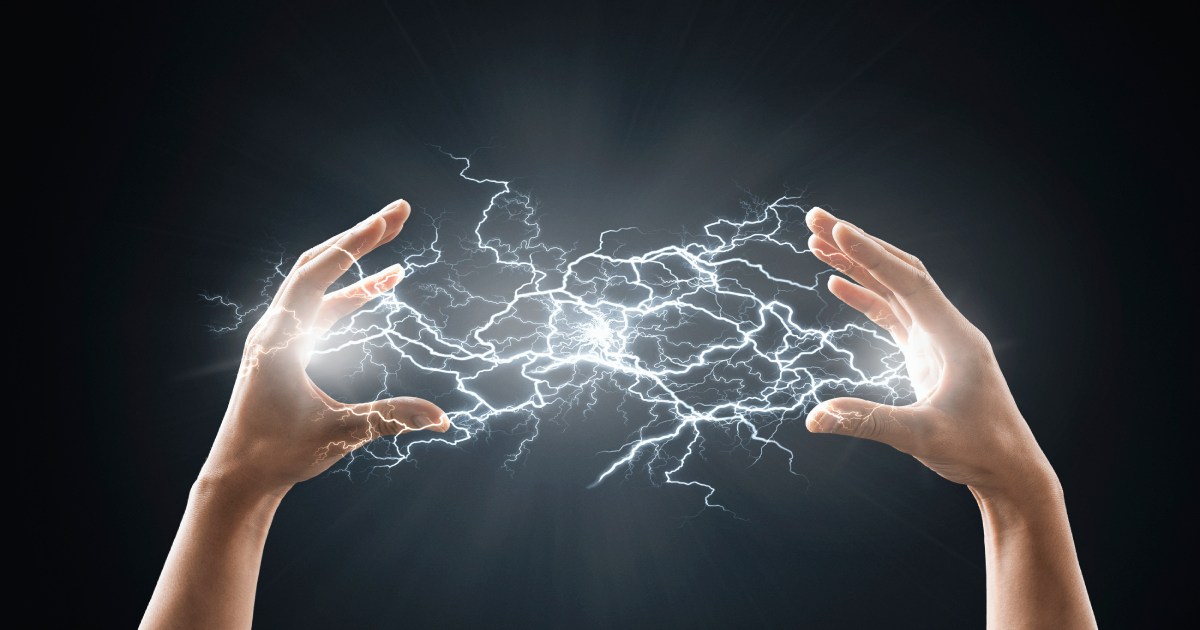- Reaction score
- 1,669
A ground-breaking discovery could change the way electricity is generated.
A “natural battery” – an enzyme that can convert air into electrical energy – has been found by Monash University researchers.
They say their findings, which have been published in the journal Nature, have significant implications for the future of clean energy.
Many bacteria use hydrogen from the atmosphere as an energy source in nutrient-poor environments, the researchers said.
“We’ve known for some time that bacteria can use the trace hydrogen in the air as a source of energy to help them grow and survive, including in Antarctic soils, volcanic craters and the deep ocean,” said Professor Chris Greening, from Monash University’s Biomedicine Discovery Institute.
“But we didn’t know how they did this, until now.”

 thenewdaily.com.au
thenewdaily.com.au
A “natural battery” – an enzyme that can convert air into electrical energy – has been found by Monash University researchers.
They say their findings, which have been published in the journal Nature, have significant implications for the future of clean energy.
Many bacteria use hydrogen from the atmosphere as an energy source in nutrient-poor environments, the researchers said.
“We’ve known for some time that bacteria can use the trace hydrogen in the air as a source of energy to help them grow and survive, including in Antarctic soils, volcanic craters and the deep ocean,” said Professor Chris Greening, from Monash University’s Biomedicine Discovery Institute.
“But we didn’t know how they did this, until now.”

A 'natural battery' generates electricity from 'thin air'
A “natural battery” – an enzyme that can convert air into electrical energy – has been found by Monash University researchers.



